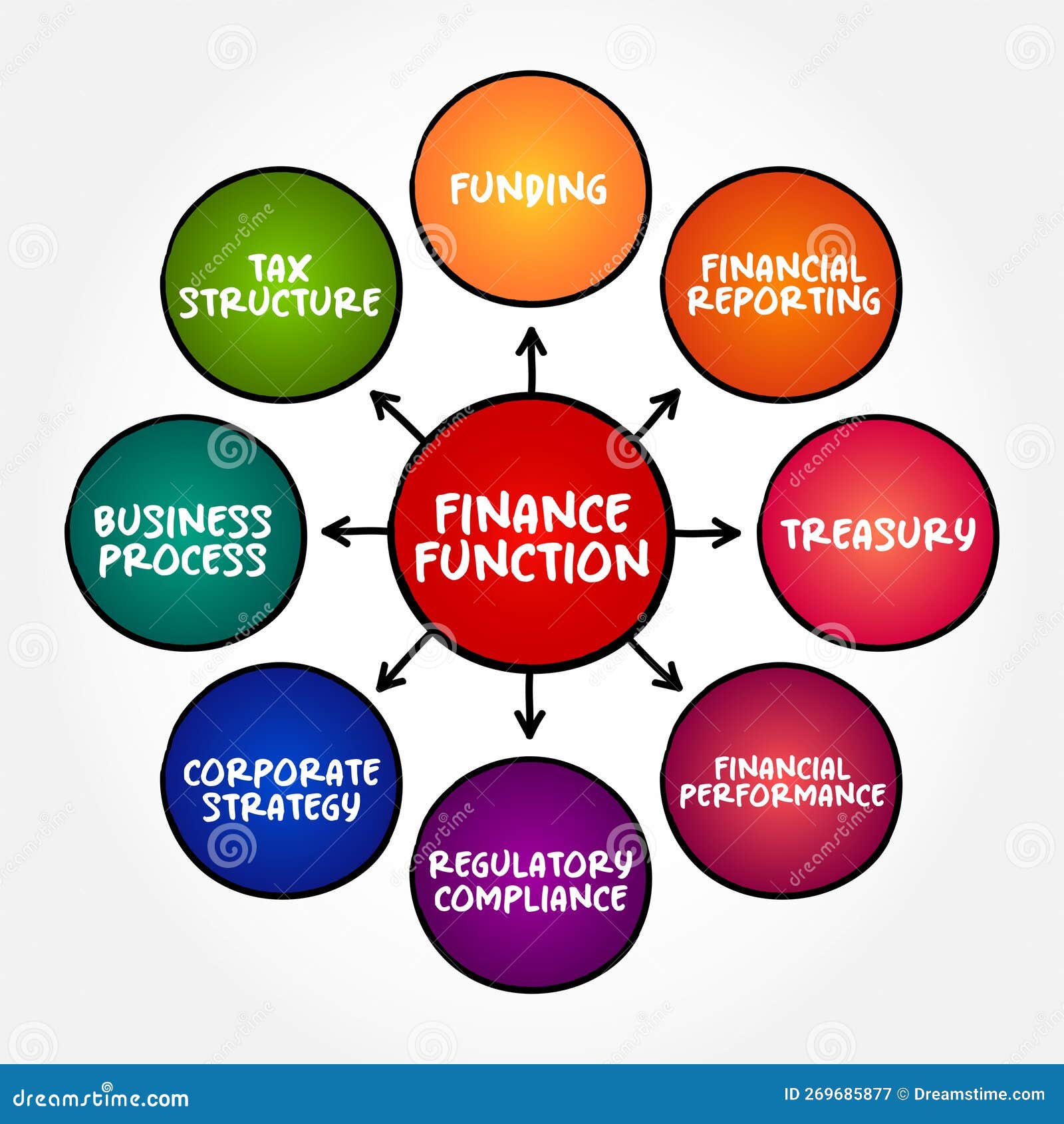Navigating the world of finance can feel overwhelming, with endless options, complex jargon, and a constant stream of news. However, understanding fundamental financial strategies is crucial for achieving your goals – whether it’s saving for retirement, buying a home, or simply managing your budget effectively. This article will provide a clear and concise overview of key financial strategies, empowering you to make informed decisions and build a secure financial future. At the heart of this guide lies the importance of financial planning, a proactive approach to managing your money rather than simply reacting to circumstances. It’s about understanding your current situation, setting realistic goals, and developing a plan to achieve them. Let’s dive in and explore some essential strategies.

Understanding Your Current Financial Situation

Before you can develop a solid financial plan, it’s vital to accurately assess where you stand. This involves tracking your income, expenses, and assets. Tracking your spending habits is often the first and most crucial step. Use budgeting apps, spreadsheets, or even a simple notebook to record everything you spend. Categorize your expenses – housing, transportation, food, entertainment, etc. – to identify areas where you can potentially cut back. Knowing where your money is going is the foundation for making informed choices about how to allocate it. Don’t underestimate the power of a clear picture of your current financial landscape. Ignoring this step can lead to impulsive spending and ultimately, financial struggles. Furthermore, understanding your debt situation is equally important. List all your debts – credit cards, student loans, mortgages – with their interest rates and minimum payments. Knowing the total amount you owe and the terms of each debt will help you prioritize repayment strategies.

Budgeting: The Cornerstone of Financial Control
Budgeting is the process of allocating your income to different spending categories. It’s not about restricting yourself; it’s about consciously deciding where your money should go. There are various budgeting methods – from the 50/30/20 rule (50% needs, 30% wants, 20% savings/debt repayment) to zero-based budgeting (where every dollar is assigned a purpose). The key is to find a method that works for you and stick to it. Start small – even a simple spreadsheet can be effective. Regularly review your budget and make adjustments as needed. Don’t be discouraged if you slip up; just get back on track. The goal isn’t perfection, it’s consistent progress. Consider automating your savings contributions to make it easier to prioritize your financial goals.

Saving for Retirement: Planning for the Future
Retirement planning is arguably the most important long-term financial goal. Starting early, even with small contributions, can significantly impact your savings. Financial planning for retirement often involves understanding different retirement accounts – 401(k)s, IRAs, and Roth IRAs. 401(k)s offered by employers are often tax-advantaged, allowing you to contribute a portion of your paycheck before taxes. IRAs offer tax-deferred growth, and Roth IRAs offer tax-free withdrawals in retirement. Understanding the contribution limits and tax implications of each account is essential. Consider consulting with a financial advisor to determine the best retirement savings strategy for your individual circumstances. Don’t wait until you’re facing a crisis to start saving; the power of compounding interest is your greatest ally.

Investing: Growing Your Wealth
Investing involves allocating your money to assets with the expectation of generating a return. It’s crucial to understand the different types of investments – stocks, bonds, mutual funds, and ETFs. Stocks represent ownership in a company, offering the potential for high growth but also higher risk. Bonds are essentially loans you make to a government or corporation, offering a more stable return but typically lower growth. Mutual funds and ETFs (Exchange Traded Funds) offer diversification, allowing you to invest in a basket of stocks or bonds. Risk tolerance is a critical factor in determining your investment strategy. If you’re risk-averse, you’ll likely prefer lower-risk investments like bonds. If you’re comfortable with more risk, you might consider stocks. Diversification – spreading your investments across different asset classes – is a key principle of sound investing. Start small and gradually increase your investment contributions as you become more comfortable. Remember to consult with a financial advisor to determine the best investment strategy for your goals and risk tolerance.

Debt Management: Reducing Financial Stress
High levels of debt can be incredibly stressful and can significantly hinder your financial progress. Debt management is about developing a plan to pay down your debts and avoid accumulating more. Prioritize paying off high-interest debt first – credit cards are often the most problematic. Consider the debt avalanche method (paying off the highest interest rate first) or the debt snowball method (paying off the smallest balance first for psychological wins). Explore options like balance transfers to lower interest rates or debt consolidation loans. Avoid taking on new debt unless absolutely necessary. Building a solid financial foundation through responsible debt management is a cornerstone of long-term financial well-being.

Insurance: Protecting Your Assets
Insurance protects you from financial losses due to unexpected events. Insurance policies are essential for safeguarding your assets – health, life, home, and auto. Health insurance covers medical expenses. Life insurance provides financial support to your dependents in the event of your death. Home insurance protects your property from damage or loss. Auto insurance covers damage or injury caused by your vehicle. Understanding your insurance needs and choosing the right coverage is crucial. Don’t underestimate the value of comprehensive coverage – it can protect you from unexpected costs. Regularly review your insurance policies to ensure they still meet your needs.

The Importance of Financial Education
Finally, it’s important to recognize that financial literacy is a lifelong journey. There’s always more to learn about personal finance. Resources are available – websites, books, podcasts, and workshops – to help you improve your knowledge and skills. Start with the basics – budgeting, saving, investing, and debt management. Don’t be afraid to ask questions and seek advice from trusted sources. Continuous learning is key to achieving your financial goals. Resources like the Consumer Financial Protection Bureau (CFPB) offer valuable information and tools. Taking the time to educate yourself is an investment in your future.

Conclusion
Navigating the world of financial planning can seem daunting, but with a solid understanding of key strategies and a proactive approach, you can take control of your money and build a secure future. From tracking your expenses and creating a budget to investing wisely and managing debt, these strategies can significantly impact your overall well-being. Remember that financial success is a journey, not a destination. By consistently implementing these principles and seeking ongoing education, you can achieve your goals and live a more secure and fulfilling life. Don’t hesitate to seek professional advice from a qualified financial advisor if you need personalized guidance. The power to shape your financial future is within your reach.
